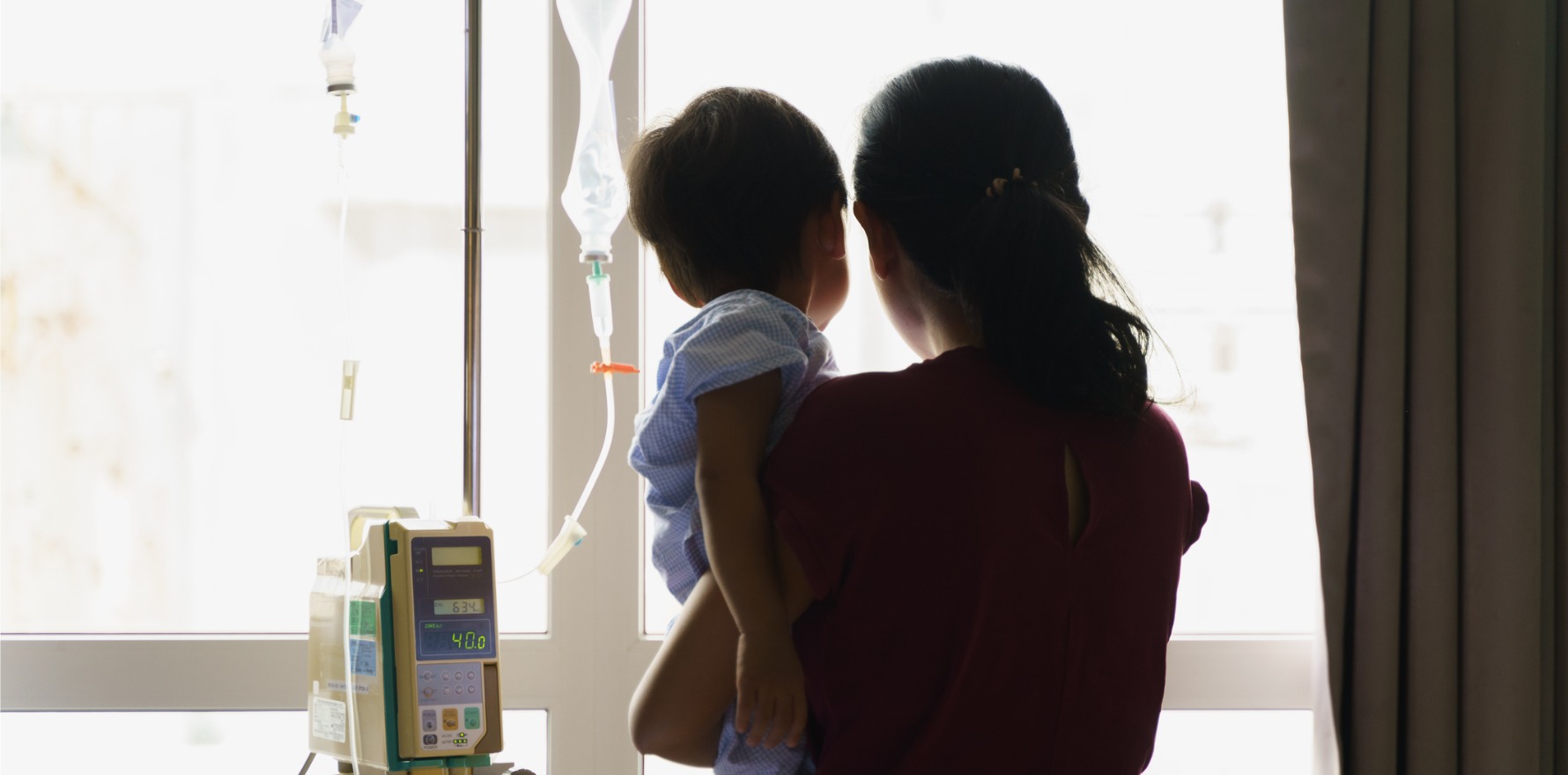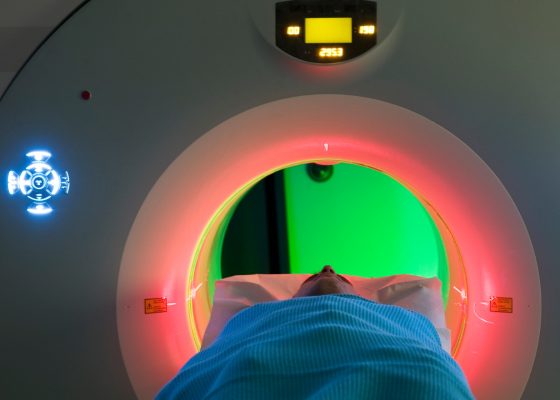Two Victorian biobanks have won grants to fund further research into precision treatments for paediatric cancer.
Two Victorian research teams have won $770,000 in funding to drive further clinical research into paediatric cancer to improve care and survival.
The two groups will share the funding under the Children’s Cancer CoLab’s Innovation Accelerators Impact Program.
Victoria’s Minister for Economic Growth and Jobs Danny Pearson yesterday announced a $360,000 grant going to Monash Children’s Cancer Biobank, led by oncologist Dr Michelle Martin, and $410,125 to the Hudson Institute Living Biobank, led by Associate Professor Jason Cain.
The funding will go towards supporting the two biobanks in safely storing clinical samples including cells, blood, bone and solid tumour, which are used to develop treatments and improve patient care and survival.
Dr Udani Reets, CEo of Children’s Cancer CoLab, said:
“This funding transforms donated tumour samples into accessible resources essential for high-impact research and honours families’ wishes to advance childhood cancer discoveries.”
Mr Pearson said the research would help develop breakthroughs in children’s cancer treatment and bring new hope to children and their families.
“Biobanks are a critical resource for Victoria’s researchers and specialist hospitals – facilities like these underpin the state’s position as a global leader in medical research and biotechnology,” he said.
Related
The Monash Children’s Cancer Biobank focuses on childhood, adolescent, and young adult cancers and has a collection of biospecimens including solid tumour tissue, skin, blood, and bone marrow, which are all linked to the biological and health information of patients. Those samples are used in genomic testing and developing precision treatments for children with cancer.
At Hudson Institute of Medical Research, researchers have established a living biobank of paediatric brain tumours and solid cancers.
Hudson researchers are able to grow tissue samples into three-dimensional tumour cultures – organoids – and run genetic tests – CRISPR screens – to identify genetic mutations, enabling researchers to trial new treatments with fewer side effects and improve survival rates for childhood cancer patients.
The Children’s Cancer CoLab undertakes cutting-edge research into childhood cancer and was established with Victorian Government funding of $35 million, and $10 million from the Children’s Cancer Foundation.




